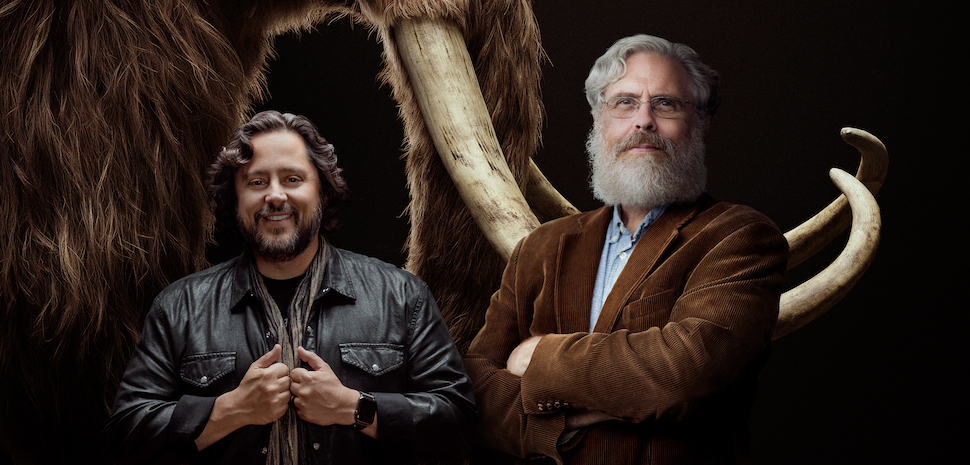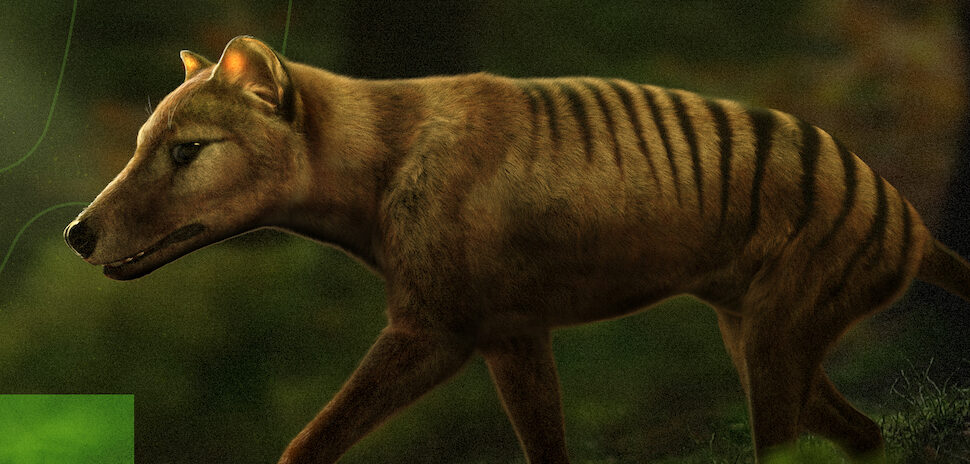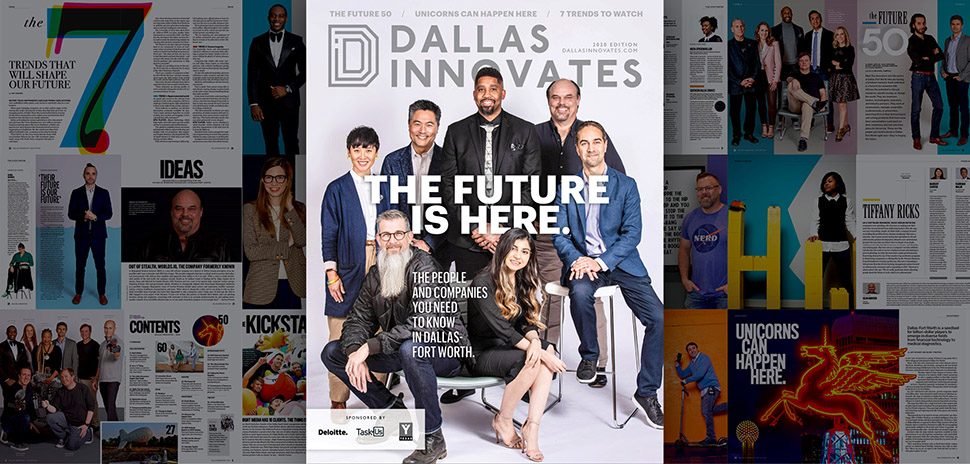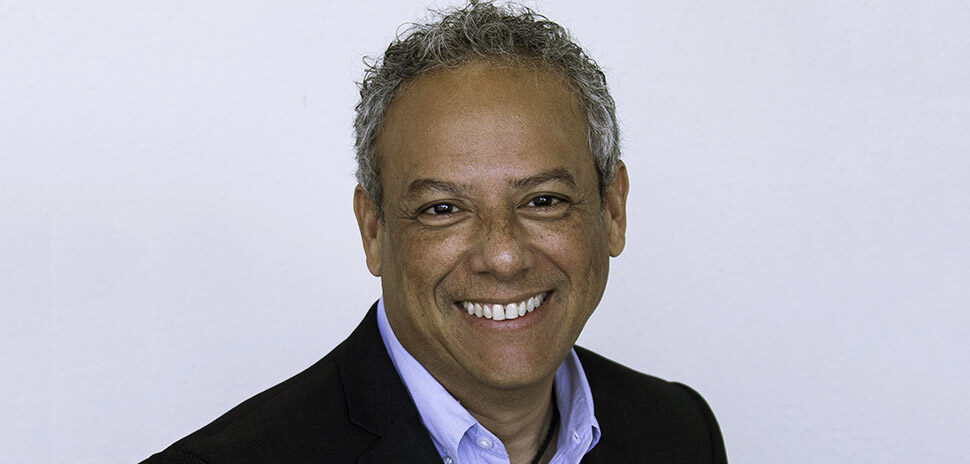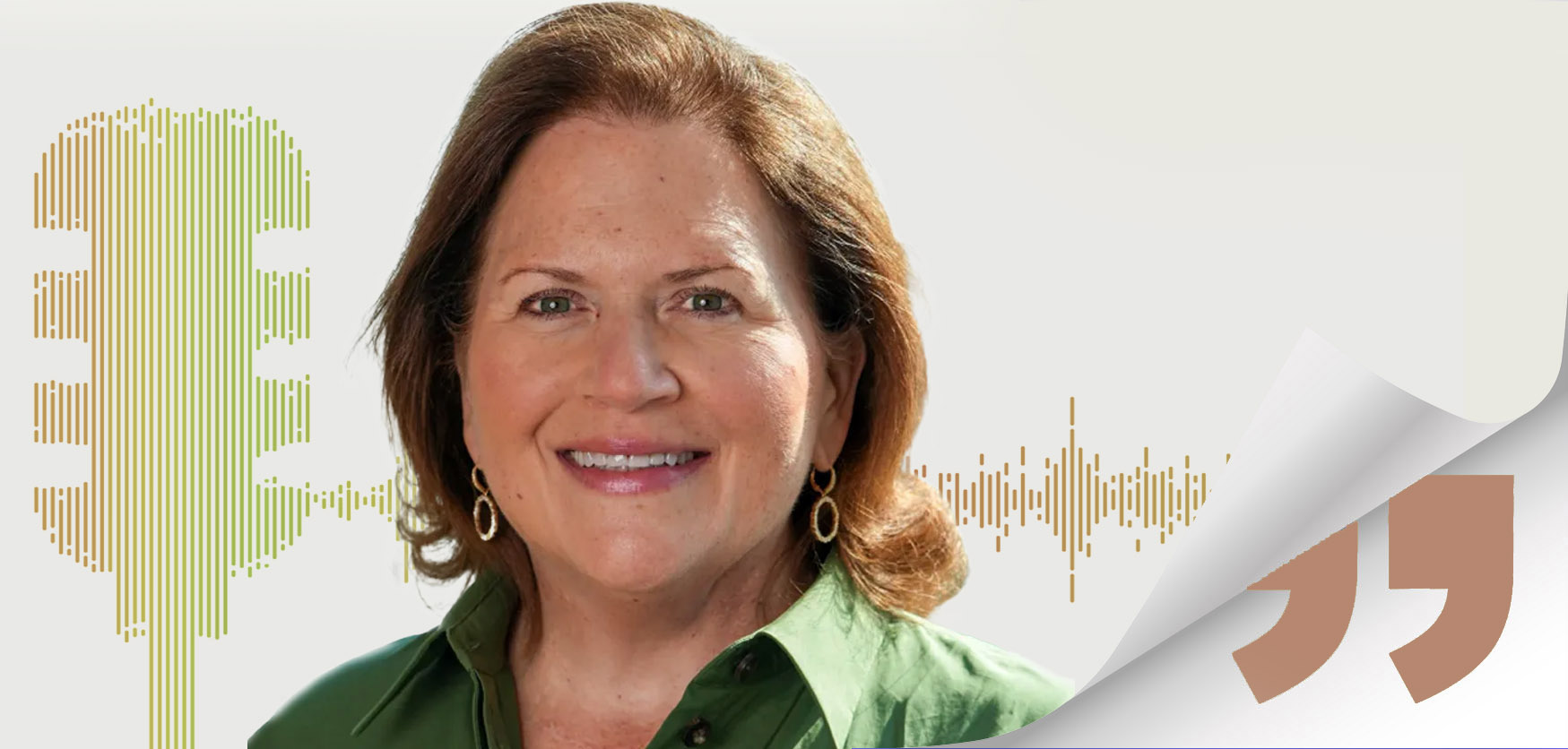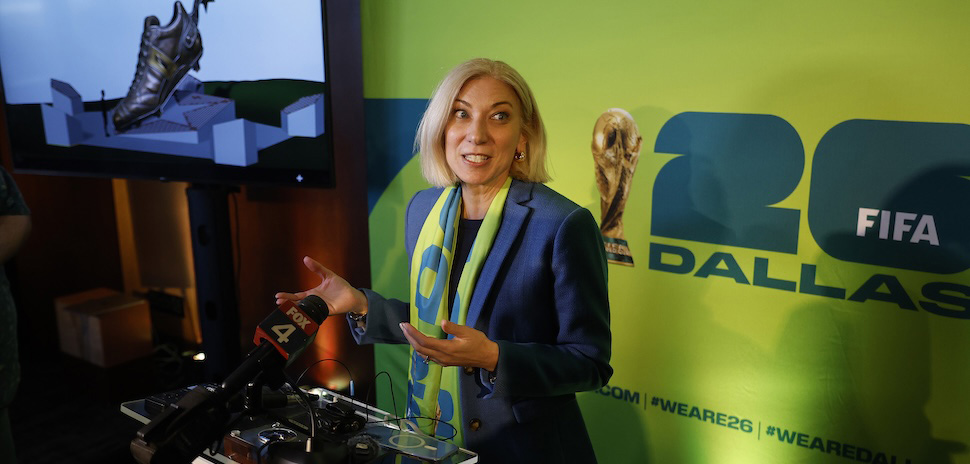Lots of intelligence went into founding Dallas-based Colossal Biosciences, which aims to bring back the woolly mammoth and the Tasmanian tiger with “de-extinction” technology. Now America’s top intelligence agency has taken notice—and gotten invested.
The Central Intelligence Agency has invested in Colossal through its nonprofit VC investment arm, In-Q-Tel, reports The Intercept.
Founded in 1999, In-Q-Tel has a mission of keeping the CIA and other U.S. intelligence agencies on the cutting edge of “innovative and impactful technologies coming out of Silicon Valley and beyond,” according to its website. It’s based in Arlington, Virginia, close to Washington, D.C.
Named in honor of Q—the tech genius from the James Bond novels and movies—In-Q-Tel has shown increasing interest in the biosciences, especially given COVID-19’s global impact. It even has a division totally devoted to the subject: B.Next, which aims to “weave biology and technology into the DNA of national security.”
‘It’s less about the mammoths and more about the capability’
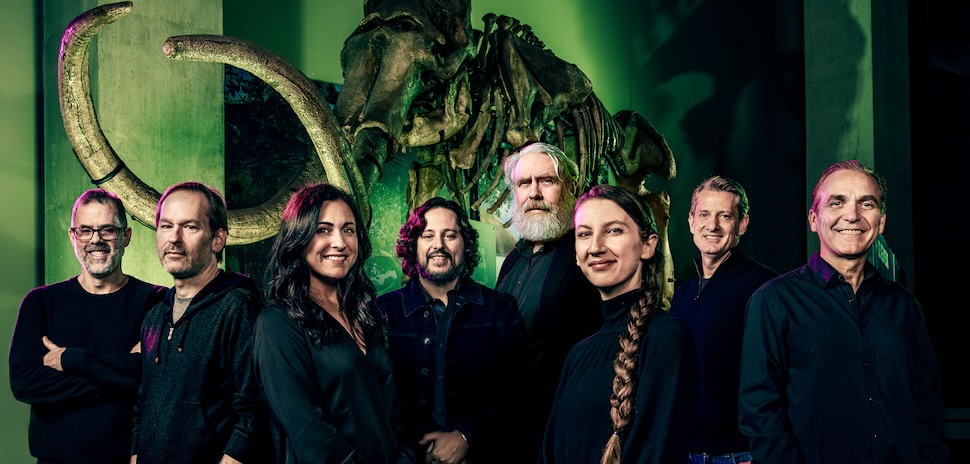
Colossal leadership team, L to R: Peter Phillips, chief business officer; Andrew Busey, chief product officer; Sarah Grant, chief of staff; Ben Lamm, co-founder/CEO; George Church, PhD, co-founder; Eriona Hysolli, head of biological sciences; Kent Wakeford, COO; and Brian Beard, chief legal officer. [Photo credit: John Davidson Photography]
So why did In-Q-Tel invest in Colossal? In a blog post titled “How Can We Use Biology to Solve Global Issues?” In-Q-Tel SVP of Technology Kevin O’Connell and Senior Partner Eugene Chiu give their reasoning.
“Strategically, it’s less about the mammoths and more about the capability,” they write. “The next wave of progress in synbio will lead to advances in our ability to shape both form and function in organisms at the macroscopic level.”
Noting the many challenges involved in engineering animals and plants, O’Connell and Chiu write that if companies like Colossal are successful, it could “unlock such capabilities as programming the physical properties of wood to improve building materials, preventing the extinction of not-yet-extinct but endangered animal species, [and] sequestering carbon from the atmosphere.”
Other possibilities they cite include “further enhancing crop species to tolerate increasingly severe climatic changes, and curing human diseases such as sickle-cell anemia, beta thalassemia, Duchenne muscular dystrophy, and many kinds of cancer.”
Colossal co-founder: ‘critical for humanity’
For Colossal’s part, co-founder Ben Lamm is keen to get the whole U.S. government on board with his mission.
“Biotechnology and the broader bioeconomy are critical for humanity to further develop,” Lamm told The Intercept via email. “It is important for all facets of our government to develop them and have an understanding of what is possible.”
Woolly mammoth, Tasmanian tiger, and a new spinout
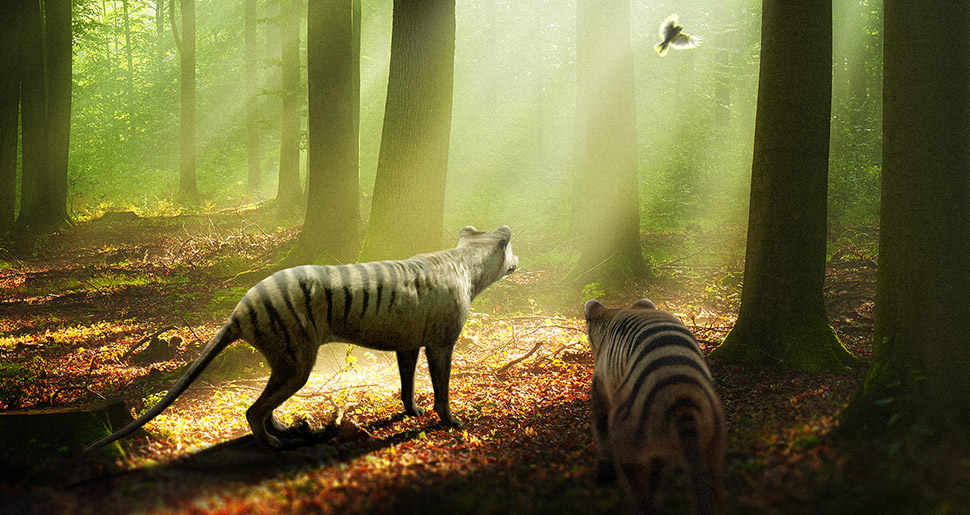
The Tasmanian tiger—known scientifically as the thylacine—was an apex predator that helped keep ecosystems in balance. [Image: Colossal]
Colossal plans to use CRISPR genetic engineering to create an elephant-mammoth hybrid that can survive in the Siberian Arctic tundra, partly as a means to “enrich an ecosystem that has been steadily degrading without its presence.”
In March, the startup announced raising a $60 million Series A funding round led by Thomas Tull and At One Ventures, with participation from Untamed Planet, Animoca Brands, Breyer Capital, Animal Capital, Arch Ventures co-founder Robert Nelsen, Paris Hilton, Bold Capital, First Light Capital Group, Boost VC, Jazz Ventures, Builders VC, Green Sands Equity, Draper Associates, and Charles Hoskinson, among others.
In August, Colossal announced it also aimed to “de-extinct” the Tasmanian tiger, and in September the company spun out Form Bio as an independent company focused on “empowering scientists to reach discoveries and breakthroughs in less time and with less effort.”
Colossal joins other companies gaining CIA interest
You can see Colossal listed in In-Q-Tel’s portfolio here, among other biotech companies like ImmuneID, which is developing “precise, transformative therapies” for the immune system; Codagenix, which designs “hundreds of precise, stable edits into a viral genome” to deliver solutions for infectious disease and cancer; and GinkoBioworks, which “programs cells to make everything from food to materials to therapeutics.”
That’s on top of “500+” In-Q-Tel investments in space companies, sensor startups, AI platforms, immersive AR/VR human-machine interfaces, and more.
In-Q-Tel’s stake not yet revealed
According to The Intercept, the amount of In-Q-Tel’s stake in Colossal won’t be known until In-Q-Tel releases its financial statements in 2023.
On its website, In-Q-Tel says it’s made over 500 investments, typically ranging “from $500,000 to $3 million and often involve partners from multiple agencies.” It notes that 70% of its portfolio companies have never done work for the government.
And something else claimed by In-Q-Tel could pay off even bigger for Colossal:
“In-Q-Tel regularly co-invests alongside other venture capital and private sector investors, serving as a force multiplier in the VC community,” the VC firm says. “In fact, every $1 invested by In-Q-Tel leverages $18 in private sector investment.”
![]()
Get on the list.
Dallas Innovates, every day.
Sign up to keep your eye on what’s new and next in Dallas-Fort Worth, every day.

